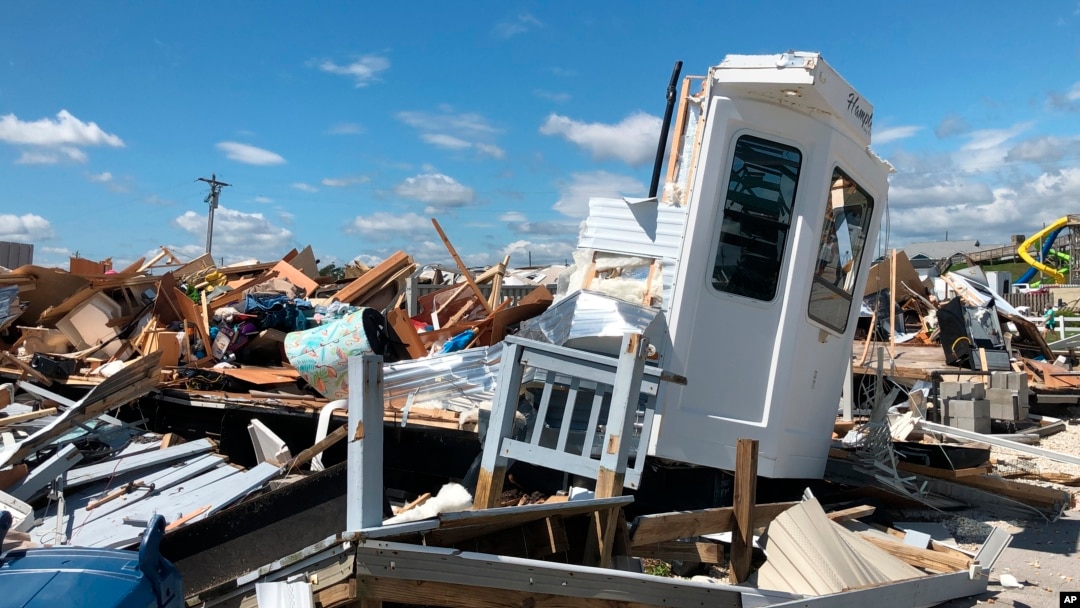An investigation conducted on behalf of the National Oceanic and Atmospheric Administration (NOAA) has found that agency leaders violated NOAA’s own scientific integrity policy in releasing a statement last year contradicting their own forecasters and supporting U.S. President Trump’s false assertion about the path of Hurricane Dorian last year.
NOAA is the agency that includes the U.S. National Weather Service.
From his Twitter feed Sept. 1, Trump wrote that Hurricane Dorian, a storm that at that time was approaching the U.S. southeast coast, would hit Alabama “harder than anticipated.” A few minutes later, the National Weather Service office in Birmingham, Ala., posted from its Twitter account “Alabama will NOT see any impacts from Dorian. We repeat, no impacts from Hurricane Dorian will be felt across Alabama.”
Alabama was not struck by the hurricane.
The next week, on September 4 during a White House news briefing from the Oval Office, the president displayed a forecast map which appeared to have been altered with a marker to show Alabama in the path of the hurricane.
On September 6, NOAA issued a statement contradicting its forecasters in Birmingham.
In a report released Monday, the independent investigating panel found that acting NOAA administrator Neil Jacobs, and former NOAA deputy chief of staff/ communications director Julie Kay Roberts twice violated codes of the agency’s scientific integrity policy amid their involvement in the September 6 statement.
NOAA’s scientific integrity policy prohibits political interference with the conduct and communication of the agency’s scientific findings. No punishments were recommended, but the report did call on the agency to better ensure “the right of NOAA scientists to review, comment, and amend any official communication that relies on their scientific analysis.”
The investigation had been requested by two NOAA employees, a former NOAA administrator and New York U.S Congressman Paul Tonko, among others. It was conducted on NOAA’s behalf by a panel assembled by the National Academy of Public Administration. NAPA, a nonprofit, nonpartisan institution dedicated to facilitating good governance, conducts assessments for government agencies.


